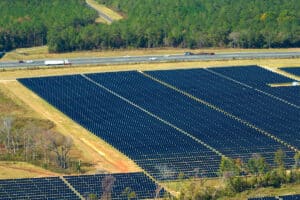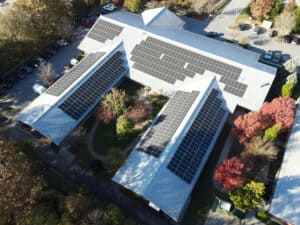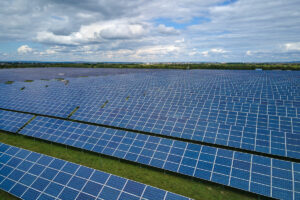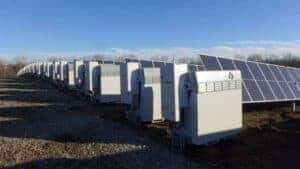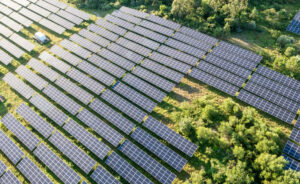
It is no secret that we have seen the prices of kilowatts (kw) increase over the years. Our population is growing at a rapid pace, while we find the United States producing less electricity than ever before.
Sounds like a problem, right? None of this leads to good news for our environment, or our energy bills if we are still using electricity.
SOARING PRICES OF ELECTRICITY
The prices of kW have been increasing at around 4% each year and continues to do so with everything that is happening. Back in January of 2014, we saw prices reach its highest point up until that time and experience the largest month-to-month increase in almost 4 years.
2007 saw the United States hit its all time peak of electricity production and everything has been on a decline since. We are now currently producing less electricity than back in 2007 for a population that has increased by 14 million people.
All of these factors combine to contribute to this continuous increase in the price of electricity year in and year out. With the United State’s inability to produce electricity at the rate being demanded, many homeowners and commercial business owners are switching to solar energy for a variety of reasons, with this being a one of them.
WHAT DOES THIS MEAN?
After a large jump in increased prices of kW for 2015, it is expected that we will see similar numbers in 2016 and beyond. With this being the case, it is expected that solar energy will increase even more than ever before.
December 31, 2016 marks the end of a large 30% Tax Credit in Missouri for both homeowners and businesses alike.
By making the jump to solar sooner rather than later, you put yourself at the forefront of new technology that is cost-effective and environmental-friendly. The prices of electricity don’t seem to be falling anytime soon and with the chance to participate in lucrative programs through solar panel installation, while immediately saving on your energy bill it is a great time to switch.
